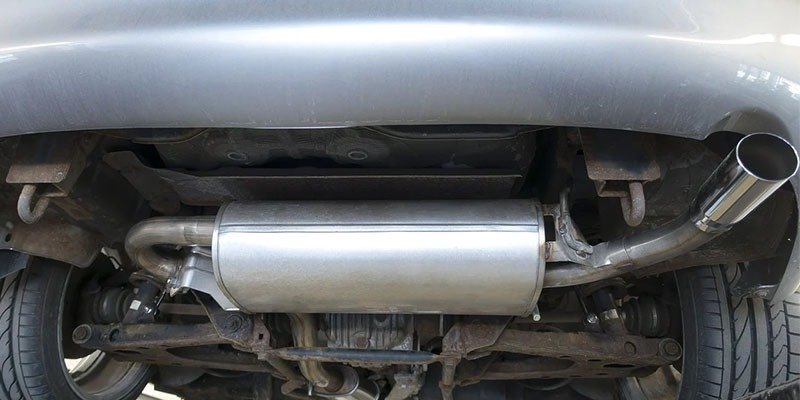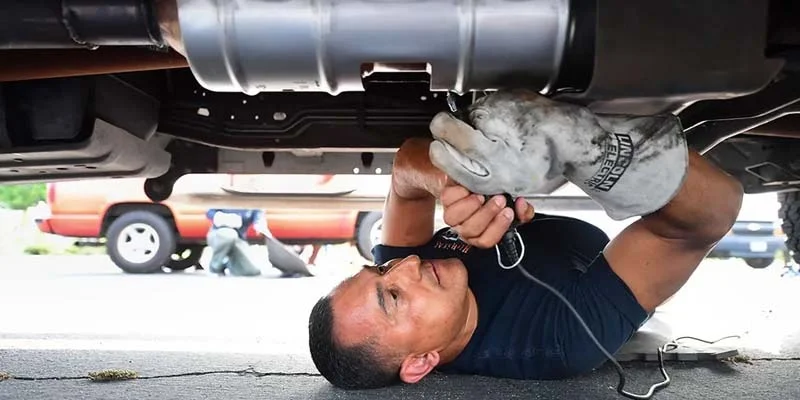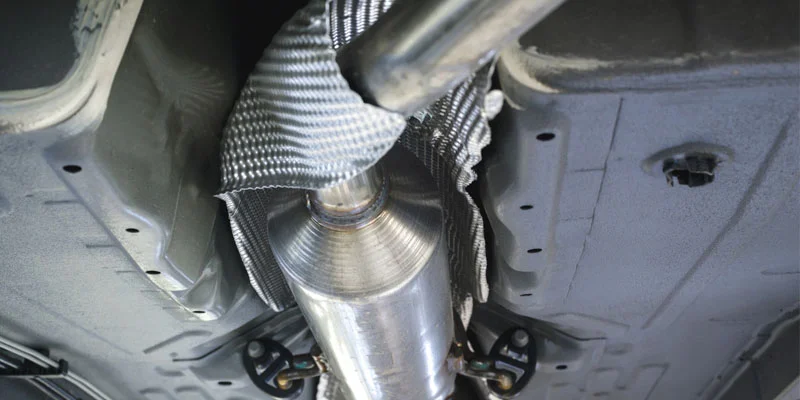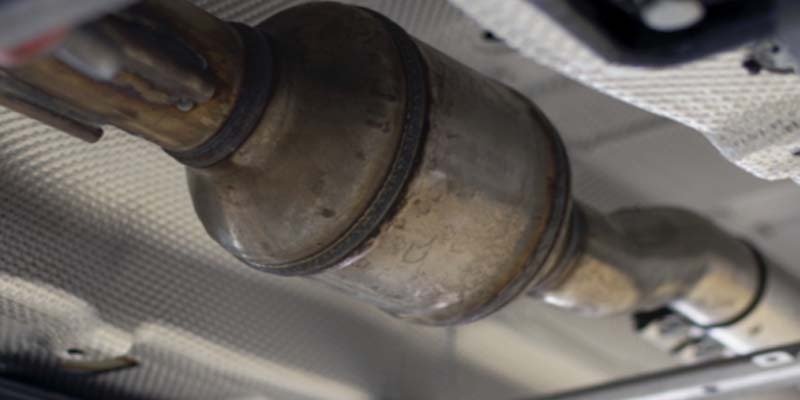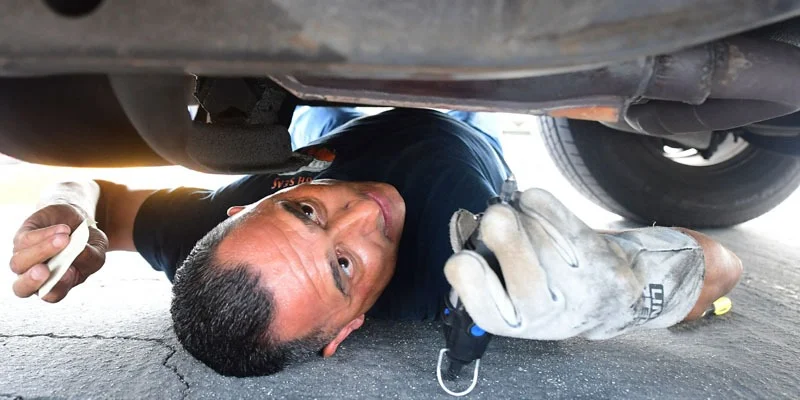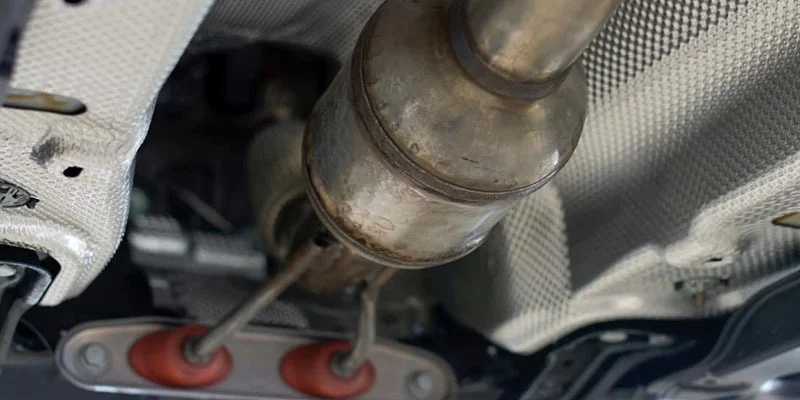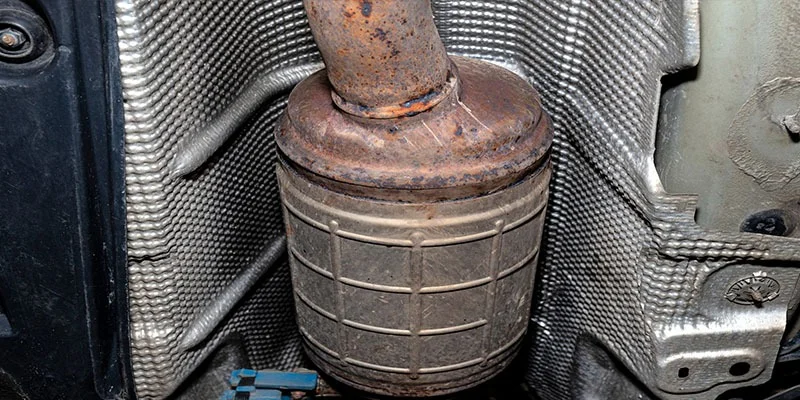Have you recently had your car’s catalytic converter stolen? If so, you might wonder which type of cars are less likely to be targeted by thieves.
The theft of catalytic converters has been on the rise in recent years, causing further concern for automotive safety. Not only is this illegal activity disrupting the functioning of a vehicle and its emissions system, but it can also be dangerous for those attempting to steal them.
Suppose you’re looking for peace of mind regarding the safety of your catalytic converter while parked. In that case, certain cars are less attractive to thieves due to various factors, such as design and security measures. Knowing which vehicles are less likely to have their converters taken can help ensure you have the right car that keeps yours safe. This article looks at which cars are least likely to have their catalytic converters stolen.
Which cars are least likely to have catalytic converters stolen?

Catalytic converter theft has become a major problem recently, with thieves targeting cars for their valuable converters. But, American cars such as Jeep, Chrysler, Ford, Dodge, and Chevrolet are least likely to be targeted as they have fewer valuable converters.
These brands use limited amounts of precious metals in the converter designs. Nissan, Mazda, Subaru, and Hyundai also limit the number of precious metals used in the converter designs. Some even use a converter of a different type called a “bead converter”, which doesn’t have any value for thieves.
According to prnewswire, here are the top 10 vehicles that are on the radar of thieves for their catalytic converters:
- 1985-2021 Ford F-Series pickup trucks (F-150, F-250, etc.)
- 1989-2020 Honda Accord
- 2007-17 Jeep Patriot
- 1990-2022 Ford Econoline vans
- 1999-2021 Chevrolet Silverado pickup trucks
- 2005-21 Chevrolet Equinox
- 1997-2020 Honda CR-V
- 1987-2019 Toyota Camry
- 2011-17 Chrysler 200
- 2001-21 Toyota Prius
Other vehicles that are least targeted for catalytic converter theft:
1. Vehicles with Diesel Catalytic Converters
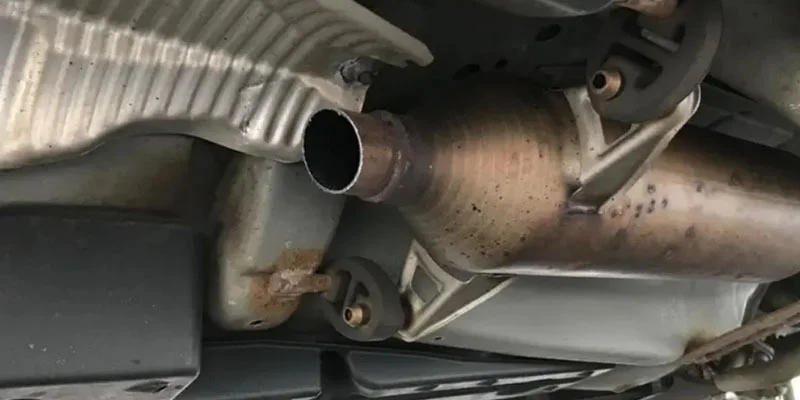
Most thefts are focused on gasoline-powered vehicles, leaving diesel catalytic converters relatively safe. The reason is the low-value material used in diesel catalytic converters than the gasoline ones as diesel fuel is much cleaner than gasoline. While the rhodium is missing in the diesel converters, it is far much dense in platinum and palladium, making them less lucrative to thieves.
The design of exotic cars makes it almost impossible for thieves to steal the converter without stealing the entire vehicle.
In addition, many luxury sports cars come equipped with tracking systems that make it difficult for criminals to get away with theft. These systems are usually associated with high-end vehicles due to their price tag, which serves as a deterrent for potential thieves. As such, owners of these vehicles can rest assured that their investment is safe from theft and vandalism.
2. Mini Cooper
The Mini Cooper generation three is designed so that it makes it very difficult for thieves to steal its catalytic converter. The cattle ticker is located underneath the vehicle. It is attached to the downpipe, making it necessary for the thief to take out the hood and unbolt several components simultaneously to gain access to the converter. This process takes a lot of time and effort, making it unlikely that a thief would get away with stealing the converter before being caught.
3. Audis
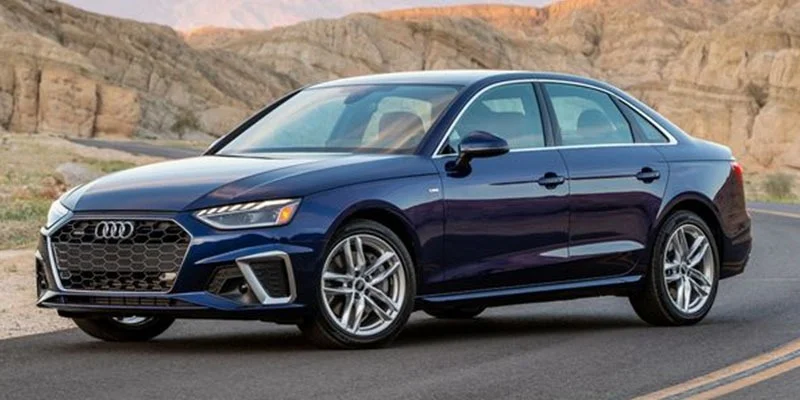
Audis are known for their superior engineering and design, which extends to their catalytic converters’ security. Unlike other vehicles, such as the Mini Cooper generation 3, Audis are designed in a way that makes it difficult for thieves to access the converter. It means that even if a thief can gain access to the converter, they would need specialized tools and a significant amount of effort to remove it without causing any damage.
In some vehicles, converters are less likely to get stolen as they are located close to the engine rather than at the end of the exhaust system. European cars like Volkswagen, BMW, and Audi have designs like this, like some Hondas.
If a car was made before 1974, it doesn’t have a catalytic converter since they were implemented as mandatory after rules on emissions got stricter. Knowing which cars are more or less likely to be targeted can help drivers protect their vehicles from theft and save them from expensive repairs due to damage caused by thieves.
4. BMW E46 3 Series
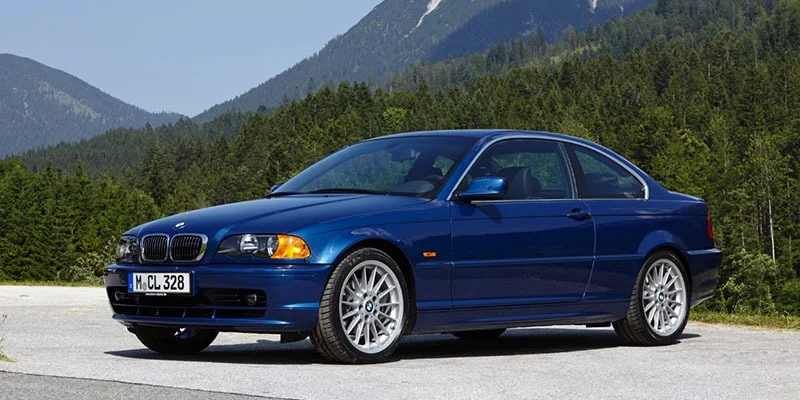
The BMW E46 3 Series is one of the most secure vehicles in protecting its catalytic converter from theft. It is due to the unique design of the exhaust system, which connects the catalytic converter directly to the exhaust manifold. It makes it almost impossible for thieves to access and remove the converter without taking out the entire exhaust system first.
To access and remove the catalytic converter, a thief must go through several steps, including unbolting multiple components and removing cylinders. The complexity of this process makes it highly unlikely that thieves will target BMW vehicles for their converters. As such, owners of these vehicles can rest assured that their converters are safe from theft.
What is the cost of replacement for Catalytic Converters?
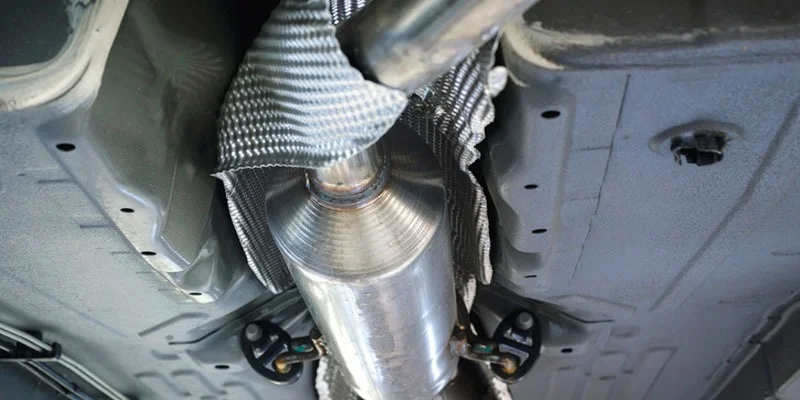
Replacing a stolen catalytic converter can be an expensive and inconvenient process. According to the National Insurance Crime Bureau (NICB), the cost of replacing a catalytic converter can range from $1,000 to $3,000, depending on the vehicle’s make and model and the area of the country. Colby Sandman, the owner of Muffler Tech in Sacramento, California, says that replacing a converter on a Honda Accord or Toyota Prius can be up to $3,500.
Due to organised crime efforts, California is considered a “hot spot” for catalytic converter thefts. Repair shops replace 15 to 20 stolen converters each day. He adds that it’s a crime of opportunity, and car owners can take steps to discourage thieves by parking in well-lit areas or installing security cameras. Additionally, car owners should consider investing in anti-theft devices such as locking bolts or cages that prevent the catalytic converter from being removed quickly.

My Name is Christopher Angels, and I am a postgraduate in mechanical engineering. Cars have always excited me as a child, and soon I decided to dive into the world of cars by pursuing mechanical engineering. I also worked as a Mechanic for over 3 years to understand Cars’ anatomy and how each part contributes to its working.
My Name is Christopher Angels, and I am a postgraduate in mechanical engineering. Cars have always excited me as a child, and soon I decided to dive into the world of cars by pursuing mechanical engineering. I also worked as a Mechanic for over 3 years to understand Cars' anatomy and how each part contributes to its working.

